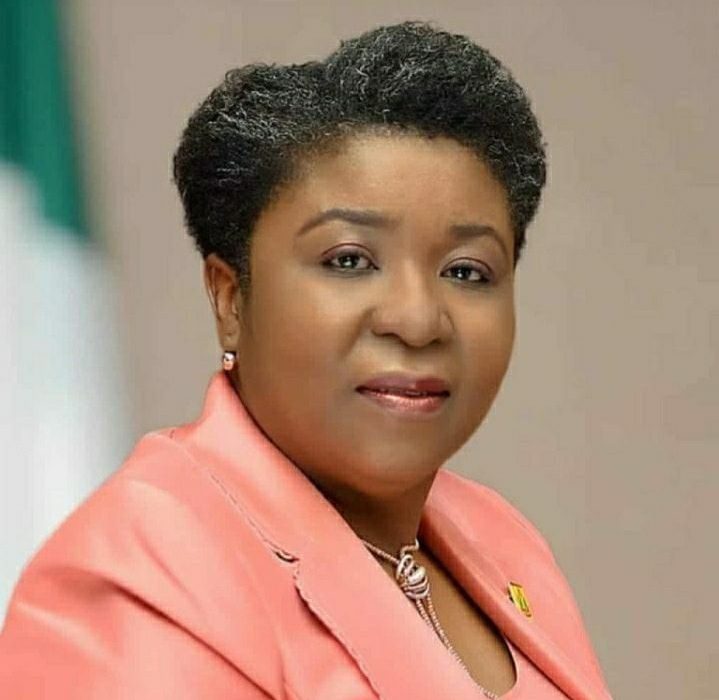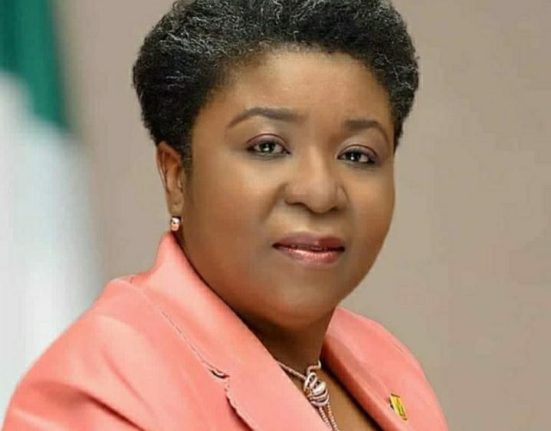The Federal Government has justified its decision to reward 18 distinguished civil servants with brand-new sport utility vehicles (SUVs), laptops, cash prizes, and other incentives, describing the gesture as a well-earned recognition of their dedication and quiet impact on the ongoing reforms within Nigeria’s public service.
Speaking during the 2025 Civil Service Awards Night held on Saturday in Abuja, the Head of the Civil Service of the Federation, Mrs. Didi Esther Walson-Jack, said the recipients were carefully selected for consistently demonstrating excellence, integrity, discipline, and commitment in a system that often overlooks such quiet but vital contributions. She described them as “silent reformers” whose daily efforts play a critical role in driving institutional change across Ministries, Departments, and Agencies (MDAs).
“These individuals show up on time, meet deadlines, draft policy documents, resolve operational bottlenecks, and still manage to wear a smile. Tonight, we say to them: we see your hard work, and we honour you,” Walson-Jack said in her address.
Among the honourees, Dr. Bahijjatu Hadiza of the Federal Ministry of Environment emerged as the overall star awardee, going home with an SUV, an award plaque, a high-end laptop, an international short course opportunity, a certificate, and a masterclass programme. Similarly, Mr. Chukwudi Ekwenugo from the Federal Ministry of Marine and Blue Economy received an SUV, a N500,000 cash prize, a laptop, and an invitation to participate in a foreign training programme.
Other awardees received varying prizes, including laptops and cash incentives ranging from ₦250,000 to ₦500,000. These rewards, Walson-Jack explained, are part of the Federal Government’s drive to encourage diligence, professionalism, and innovation among its workforce.
She acknowledged that while not everyone could be recognised in this edition, all hardworking civil servants should remain motivated, assuring them that recognition often comes with time. “Do your work with such excellence that it cannot be ignored,” she said, urging consistency and dedication.
However, she expressed concern over the lack of seriousness shown by some MDAs, which either failed to submit nominations or presented candidates who did not meet the required criteria. She called on all government institutions to take future editions seriously, adding that proper recognition boosts morale and productivity.
The awards night was held shortly after the inaugural International Civil Service Conference, which took place on Wednesday and Thursday at Eagle Square, Abuja. The conference attracted over 5,000 participants from different countries, offering a platform to share knowledge, experiences, and innovations in public sector administration.
Walson-Jack used the occasion to commend President Bola Ahmed Tinubu for his support in pushing through key civil service reforms, including improved digitisation, the introduction of performance management systems, a new minimum wage regime, and enhancements in pension administration. She emphasised that these initiatives are vital to building a more efficient and citizen-centred public service.
Highlighting the importance of work ethic, Walson-Jack stressed the need for civil servants to reclaim the culture of punctuality. “Getting to work by 8:00 a.m. is not just a rule—it’s a mindset that reflects respect for the job, colleagues, and the Nigerian people,” she said.
Representing President Tinubu at the event, the Secretary to the Government of the Federation, Senator George Akume, applauded the resilience, sacrifice, and professionalism of Nigeria’s civil servants. He reaffirmed the administration’s commitment to fostering a service culture anchored on merit, innovation, and accountability, noting that civil servants remain the “engine room of governance and a vital force in national development.”
The awards ceremony has now become an institutionalised feature of Nigeria’s public service calendar, with the aim of celebrating those who continue to uphold the ideals of service in the most challenging conditions.

